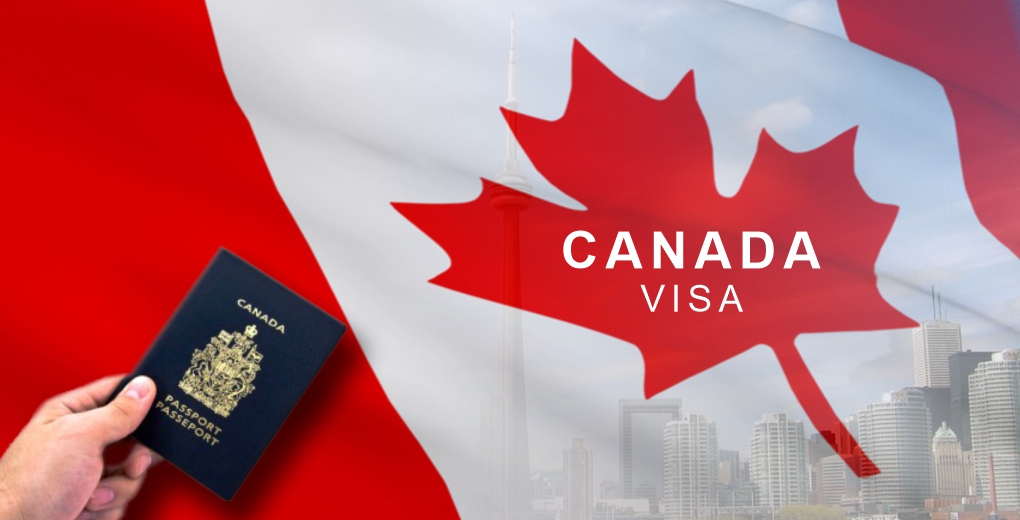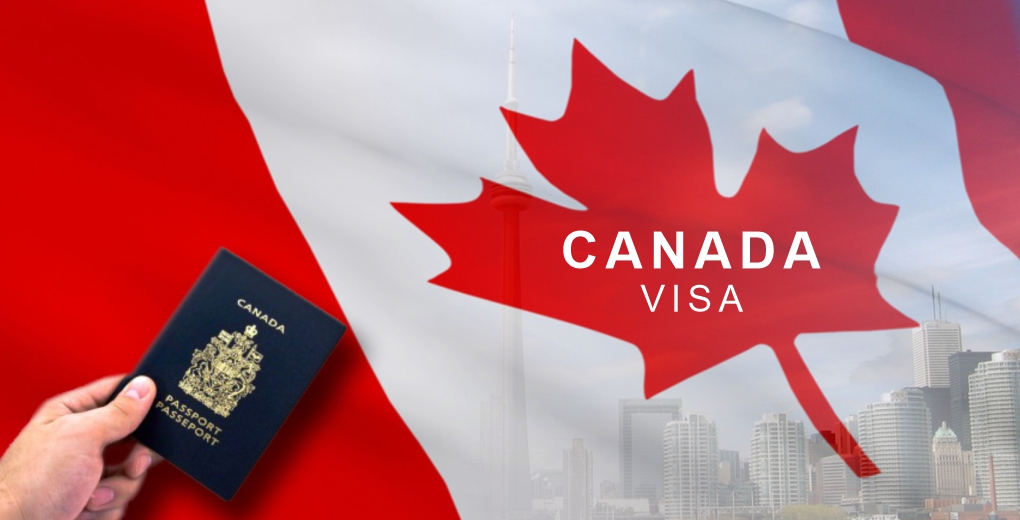Canada offers a range of special or lesser-known visas and permits designed for specific travelers, family members, investors, entrepreneurs, humanitarian visitors, and more. These programs are ideal for people who do not fit neatly into the typical student, worker, or refugee categories.
Let’s look at the main special visas available in 2025.
1. Super Visa for Parents and Grandparents
The Super Visa is a long-term multiple-entry visa that allows parents and grandparents of Canadian citizens or permanent residents to visit Canada for extended stays.
-
Stay duration: Up to five years per entry (compared to six months under a normal visitor visa).
-
Validity: Usually valid for ten years.
-
Who qualifies: Parents or grandparents of citizens or permanent residents.
-
Key requirements:
-
Proof of relationship (birth certificate, proof of status of the child or grandchild).
-
A letter of invitation and proof of income from the host in Canada to show they can support the visitor.
-
Medical insurance coverage for at least one year from a Canadian insurance company.
-
A completed medical examination to confirm the visitor’s health.
-
The Super Visa is popular among families who want long visits without applying for permanent residence.
2. Electronic Travel Authorization (for Visa-Exempt Travellers)
An Electronic Travel Authorization, sometimes called eTA, is a simplified entry permit for citizens of visa-exempt countries who travel to Canada by air.
-
Who needs it: Travelers from visa-exempt nations (such as most European countries, the United Kingdom, Australia, Japan, and others).
-
Purpose: Tourism, family visits, short business trips, or airport transit.
-
Validity: Five years or until the passport expires.
-
Processing time: Usually a few minutes online.
Even though it is not a traditional visa, the electronic travel authorization is mandatory and serves as an electronic pre-screening system.
3. Start-Up Visa Program (for Entrepreneurs)
The Start-Up Visa Program allows entrepreneurs and business owners to immigrate to Canada and build innovative businesses that can create jobs for Canadians.
-
Who qualifies:
-
Applicants must have a viable business idea supported by a designated Canadian organization, such as a venture capital fund, angel investor group, or business incubator.
-
Must meet language requirements in English or French.
-
Must have sufficient funds to settle in Canada.
-
This program is one of Canada’s most innovative immigration streams and attracts global entrepreneurs who want to expand into North America.

4. Investor or Business Visitor Visa
While the Start-Up Visa is for permanent immigration, business visitor visas are for short-term business trips, such as attending conferences, meetings, or trade shows.
-
Who qualifies: Business professionals who want to explore opportunities, negotiate contracts, or invest in Canadian companies.
-
Duration: Usually up to six months.
-
No work permit required: As long as the visitor does not directly enter the Canadian labor market.
-
Key conditions: Proof of business background, invitation letter from a Canadian partner, and evidence of financial stability.
Business visitors are not paid by a Canadian employer; their income must come from outside Canada.
5. Temporary Resident Permit (Special Entry for Inadmissible Persons)
A Temporary Resident Permit is a special document that allows people who are otherwise inadmissible to Canada (for example, due to a past criminal record or health condition) to enter the country for a justified reason.
-
Common reasons for approval: Attending a funeral, business meeting, medical treatment, or family emergency.
-
Validity: From one day to three years, depending on the reason for entry.
-
Decision: Based on the balance between the need to enter Canada and the potential risk to public safety.
This is not the same as a regular visitor visa and is issued only in exceptional circumstances.
6. Humanitarian and Compassionate Grounds Visa
This category is for people already in Canada who would face unusual, undeserved, or disproportionate hardship if they were forced to leave.
-
Purpose: It provides a chance to apply for permanent residence from inside Canada, even if the person is not normally eligible.
-
Typical applicants: People who have strong family or community ties in Canada, children who grew up in Canada, or individuals who would face hardship or danger if removed.
Although it is not a fast process, this pathway recognizes special human factors.
7. Working Holiday Visa (International Experience Canada Program)
The Working Holiday Visa is part of the International Experience Canada program, designed for young adults (usually between 18 and 35 years old) from countries that have bilateral agreements with Canada.
-
Purpose: Travel and work in Canada temporarily.
-
Duration: Usually one to two years.
-
Eligibility: Citizenship of a participating country, clean medical and criminal record, and proof of funds to support initial stay.
It is ideal for young travelers who want to explore Canada while earning money.
8. Courtesy and Diplomatic Visas
Courtesy visas and diplomatic visas are special categories for foreign officials, government representatives, diplomats, and their family members.
-
Purpose: Official duties, state visits, and participation in international conferences or events.
-
Validity: Usually linked to the duration of the assignment.
-
Privileges: Exemptions from some immigration and customs procedures.
These visas are handled through diplomatic channels between the foreign government and Canada’s Department of Global Affairs.
9. Transit Visa
A transit visa is required for travelers from certain countries who will pass through a Canadian airport on their way to another destination, even if they do not leave the airport.
-
Duration: Valid for up to forty-eight hours only.
-
Purpose: Air travel layovers or flight connections.
-
Exemptions: Citizens from visa-exempt countries or those with valid United States visas may not need a transit visa.
This visa helps ensure security and border management even for short stopovers.
10. Facilitation Visa
A facilitation visa is issued in very limited situations to help Canadian citizens in special circumstances who do not have a valid Canadian passport.
-
Example: A child born abroad to a Canadian parent but lacking citizenship documents.
-
Purpose: Allows temporary entry into Canada while citizenship documentation is arranged.
This is a rare visa type, issued mainly for humanitarian or emergency reasons.
Apart from the common study, work, and asylum visas, Canada offers several special visas that serve specific purposes, from family reunions and business visits to humanitarian cases and cultural exchanges.
Understanding which visa fits your situation can save time, money, and unnecessary complications.
If you plan to visit Canada in 2025 for family, business, or special travel reasons, it is best to check your eligibility early, prepare complete documents, and apply well in advance. Canada continues to welcome visitors from around the world, provided they meet the right criteria and follow the proper procedures.
